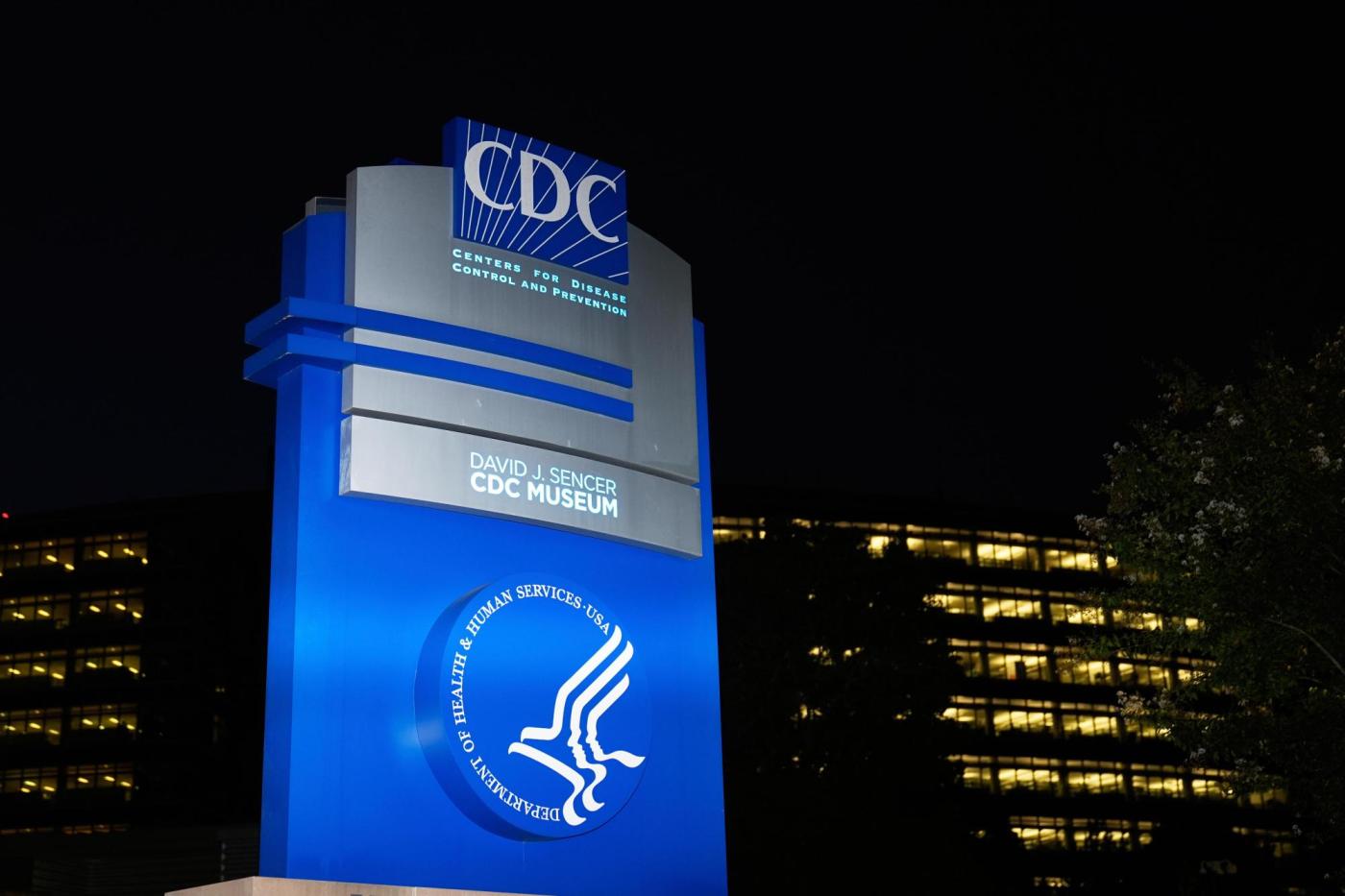Recent decisions by the Centers for Disease Control and Prevention (CDC) have sparked significant concern among healthcare professionals and families alike. On September 18, 2023, an advisory panel rejected the four-in-one MMRV childhood vaccine and altered the recommendations for COVID-19 vaccinations from a universal recommendation to a more ambiguous “consult your health care provider.” This shift is poised to create confusion for families and healthcare providers, leading to increased risks for vulnerable populations.
The implications of these changes extend beyond mere policy. Families now face additional hurdles in accessing vaccinations that are vital for preventing serious illnesses. The decision to reject the MMRV vaccine, which previously reduced the vaccination burden for parents by combining four vaccines into one, now requires children to receive at least two separate injections. Research indicates that each additional shot reduces the likelihood of children receiving full protection, further complicating the vaccination landscape.
According to a group of 17 former members of the CDC advisory panel, the recent changes could jeopardize the progress made in U.S. immunization rates. They warned that such “destabilizing decisions” might limit access to vaccines and ultimately put families at risk. These sentiments have been echoed by esteemed organizations, including the American Academy of Family Physicians and the National Foundation for Infectious Diseases.
For family physicians like Maria Portela, the impact of these policy changes is felt directly in the exam room. Patients are increasingly coming in with worries that should not exist in a well-functioning public health system. The MMRV vaccine had been instrumental in reducing childhood diseases that previously resulted in serious health complications. Now, the risk of measles, which was declared eliminated in the United States in 2000, is rising, with cases reaching their highest levels in years.
Adding to the confusion, the advisory panel’s decision to downgrade COVID-19 vaccines from universal recommendations has left families uncertain about their eligibility for vaccination. Reports of patients being turned away from pharmacies due to insurance issues have further exacerbated the situation. One immunocompromised patient, who had always qualified for additional protection, faced a staggering out-of-pocket cost of over $200 for a COVID-19 vaccine due to a mix-up.
The ripple effect of these changes is particularly concerning for low-income families. With one in five individuals reporting a lack of a usual source of care, the phrase “ask your provider” transforms into an insurmountable barrier. This is especially critical as approximately 6% of adults are immunocompromised, meaning any decline in vaccination coverage poses a tangible threat to public health.
While febrile seizures, the rationale behind the policy change for the MMRV vaccine, are indeed frightening, they occur in just 8 in 10,000 doses and rarely result in lasting harm. The benefits of vaccines, as evidenced by extensive research, far outweigh these risks. Vaccines are designed to provide proactive protection against diseases, and policies that impose barriers to access undermine this crucial goal.
Portela urges the CDC to reinstate universal vaccine recommendations, emphasizing the importance of maintaining access to combination shots that enhance compliance. However, this call to action extends beyond federal policy; physicians must actively combat misinformation in their practices and advocate for their patients. Families, in turn, need to engage with their elected officials to ensure access to essential vaccinations and hold the system accountable.
The current public health landscape demands immediate attention. When families seeking protection are met with obstacles, the integrity of the healthcare system is compromised. If access to safe and effective vaccines is not guaranteed, the public health infrastructure has failed those it was designed to safeguard.
